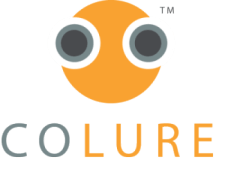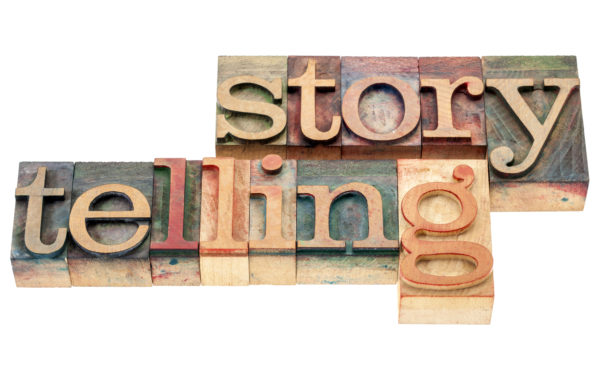Okay, first of all, what even is CX? CX stands for customer experience. The experience of being a customer. And if you’re thinking that’s not revolutionary enough to disrupt something, you’re probably absolutely right. CX startups are companies like Zendesk; they’re companies that are designed to streamline the current customer experience. And they’re poised to disrupt because of AI. Let’s dig in.

Disrupting the customer experience
So, go on Reddit and search for CX. It’s like user experience, user interfaces, and user design, but much more. It starts with a buyer’s journey and ends with you embedding yourself into every facet of their being. For example, the Robinhood App has poor CX. They barely respond to anyone.
The customer experience is a relationship that customers build with a business. And it’s becoming important because customers are seeking these experiences. Look at Apple. People want to call themselves Apple or iOS users. People want to connect with the brand that they’re using.
But more than that, there’s AI.
The AI chatbots are disrupting customer satisfaction
In the old days, we hated phone trees, right?
If you’re a younger millennial, you have no idea what that means. A phone tree is a directory; when you call in, you get directed to different areas of a company. There weren’t any voice prompts, and the phone trees could get five or six levels dense.
“Do you want accounting? Do you want receivables? Do you want Steve? Steve A or Steve S?”
The earliest chatbots operated like this, too, and they sure weren’t going to disrupt anything. If you called, say, Reddit, you’d get an automated voice telling you to press 1, 2, or 3. If you then went on a live chatbot (let’s assume Reddit ever wanted anyone to contact them, because you actually cannot contact Reddit at all), the chatbot would tell you much the same.
But now chatbots have differentiated themselves. You can talk to them in natural language, and they respond. This is something called Natural Language Processing.
What does it mean for you?
You could start a CX web3 machine-learning startup today, and realistically, most people wouldn’t even know what you do. But they would throw money at you.
Today, CX is mostly about using automation and artificial intelligence to smooth the customer experience, reducing friction across multiple channels. So the reality is that a CX startup is someone who is using high technology to make the customer experience better.
So you’ve got AI. And you’ve also got web3, because this is what people are expecting web3 to be. They go on their mobile app, they load up a page, and they see furniture in real life through augmented reality. They see furniture, scan it with a mobile app, and immediately buy it.
Let’s all move to a better customer experience
Part of it is that people do need a better CX. Amazon made itself an empire because of fast returns and good customer service. Guess what: That’s how Sears was an empire for over 100 years. A better customer experience is essential, and it’s a great industry to be in.
As the economy falters, customers are increasingly operating solely within realms they want to operate with. Newer customers have been more concerned with customer experience than product quality. That’s right. They’ll stick with a mediocre product because they… want a good experience.
How far could you get if you could help other companies build those experiences?

